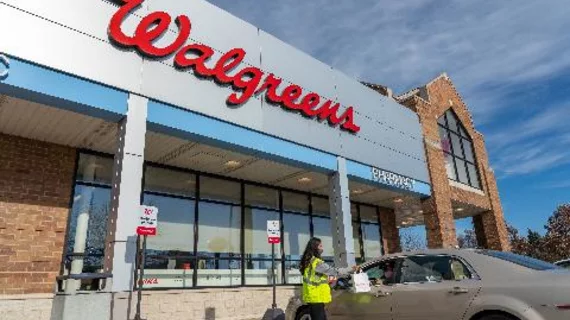Walgreens closing stores as 25% continue to struggle
The financial woes at Walgreens continue, with the pharmacy chain announcing it will be closing a “significant” number of its remaining 8,700 stores as part of a multi-year plan to restructure its business.
The news came during a Thursday earnings call with CEO Tim Wentworth. As to when the closures will begin, Wentworth said “changes are imminent,” noting that roughly 25% of Walgreens locations are not profitable. The shuttering of many of those stores will happen in phases over the next three years.
Beyond this move, more stores could fall into closure if performance does not improve. However, Wentworth said that most employees will be offered jobs elsewhere and did not add any specifics regarding staff layoffs.
Walgreens has been plagued by falling sales, made worse by inflation that has caused a drop in sales at many pharmacies nationwide. The company’s stock currently sits at its lowest level in decades.
Despite its struggling stores, Walgreens still expects to report profits for fiscal year 2024, the company said.
Competitors shutting their doors
Other retail giants have had similar issues, With Rite Aid closing more than 200 stores in April. In the same month, Walmart also announced the closure of all of its provider clinics and telehealth services, citing the lack of profitability for its Walmart Health spinoff. However, Walmart pharmacies at its retail locations will remain in operation.

